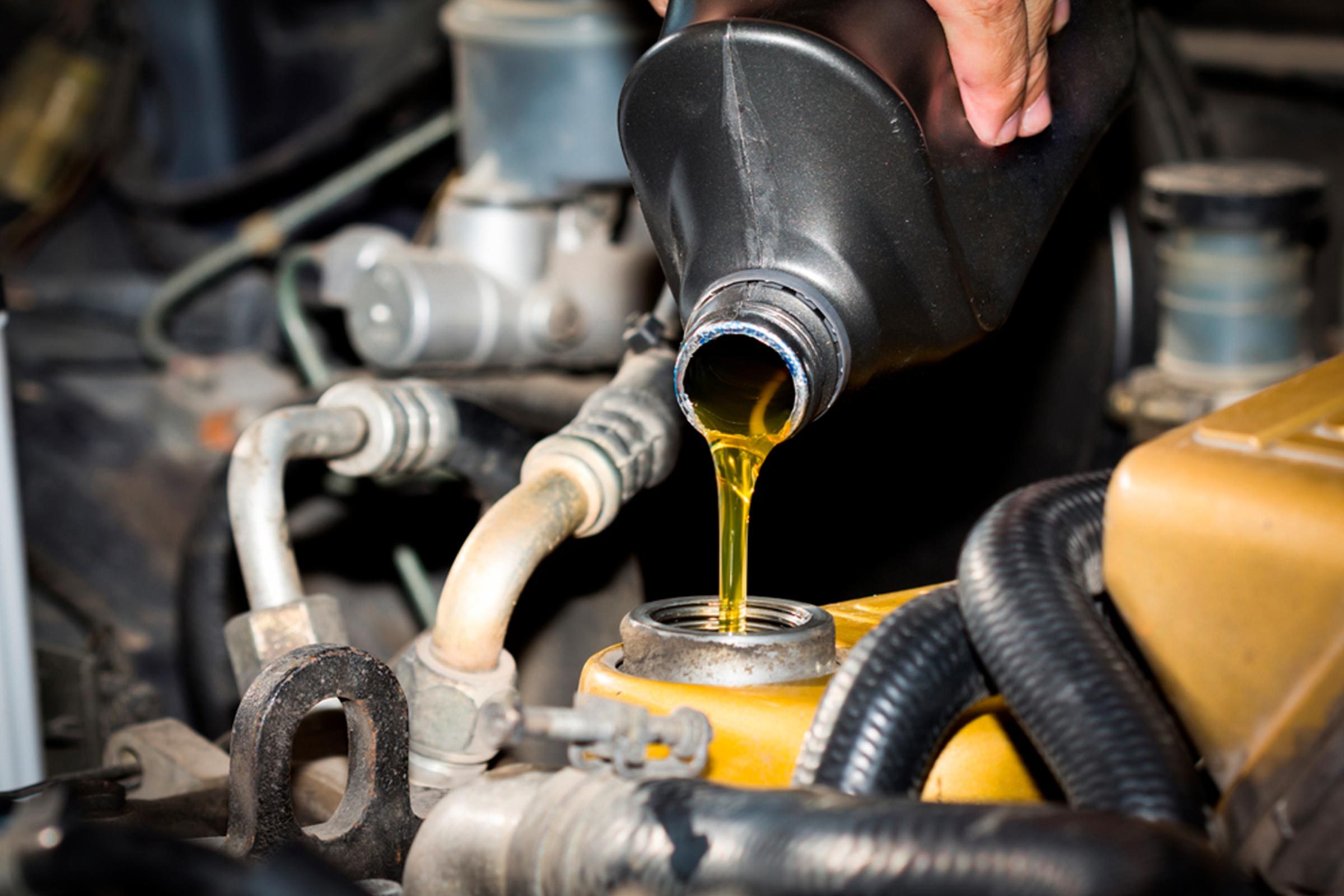Optimize Your Vehicle'S Efficiency With Normal Oil Modifications
Maintaining your vehicle's efficiency is a multifaceted venture, with regular oil changes standing out as a critical aspect. Fresh engine oil plays a pivotal function in making certain ideal lubrication, lowering friction, and stopping endure vital parts. This practice not just boosts fuel effectiveness yet also promotes a much healthier engine environment. Several drivers neglect the indications that show a need for an oil change, potentially endangering their vehicle's longevity. Understanding these indicators and the advantages of timely maintenance could result in considerable renovations in your car's overall performance. What might you be missing?
Significance of Regular Oil Modifications
While several automobile proprietors might ignore the value of normal oil adjustments, disregarding this vital upkeep task can lead to severe effects for engine efficiency and durability. Engine oil plays an important role in oiling moving components, reducing friction, and avoiding overheating. With time, oil wears away because of exposure to warmth and pollutants, which decreases its effectiveness.
Falling short to alter the oil frequently can result in the buildup of sludge and debris, which can block crucial engine components and bring about boosted wear. This not only endangers engine effectiveness but can additionally result in pricey repair services or even complete engine failing. In addition, old oil loses its ability to counteract acids generated during burning, which can cause rust and more damages.
Furthermore, lots of lorry manufacturers suggest certain oil adjustment intervals, typically based on gas mileage or time. In recap, regular oil changes are not simply a tip; they are an essential component of accountable automobile upkeep that shields the engine and boosts overall performance.
Benefits of Fresh Oil
Changing to fresh oil offers numerous benefits that directly enhance engine performance and efficiency. New oil reduces rubbing in between engine elements, which not only reduces wear but also adds to smoother procedure.
Furthermore, fresh oil efficiently cleans up the engine by suspending impurities and protecting against sludge build-up. Gradually, oil ends up being contaminated with dust, steel bits, and combustion results. Consistently changing oil guarantees that these hazardous substances are gotten rid of, advertising a cleaner and much healthier engine atmosphere.
Moreover, fresh oil aids in optimal temperature law. It dissipates warm better, protecting against getting too hot and potential damages to engine elements. This is especially important throughout peak performance scenarios, where warm buildup can impair engine functionality.
Signs Your Oil Demands Altering
Engine oil is the lifeline of your vehicle, and acknowledging when it needs altering is crucial for preserving optimum efficiency - Oil Change Lockhart. Several indicators indicate that it's time for an oil modification, and remaining vigilant can prevent engine damage and pricey repairs
First, inspect the shade and consistency of the oil. Fresh oil is usually brownish-yellow and smooth, while old oil may appear dark and sandy, showing contamination and reduced efficiency. An adjustment in viscosity can also symbolize that the oil has actually broken down and is no longer effectively oiling engine components.

One more caution indicator is the oil adjustment light on your dashboard. This alert works as a tip that the oil has actually reached its life-span or that there is an underlying issue needing interest. Furthermore, uncommon engine sounds, such as knocking or ticking, might recommend not enough lubrication due to degraded oil.
Lastly, if you discover oil areas or pools under your automobile, it might show a leakage that demands prompt examination and feasible oil change. Being attentive to these signs will ensure your engine operates smoothly and efficiently.
Choosing the Right Oil
Selecting the appropriate oil for your vehicle is vital for ensuring optimal performance and longevity. Engine oils come in numerous kinds and thickness, each developed to satisfy particular demands. The first factor to consider needs to be the supplier's referrals, which can commonly be located in the proprietor's guidebook. This advice will certainly guide you toward the appropriate viscosity quality, such as 5W-30 or 10W-40, my review here which shows the oil's thickness at different temperature levels.
Next, take into consideration the kind of oil: traditional, artificial, or a mix. Standard oil is originated from petroleum and appropriates for older automobiles, while artificial oil supplies premium security and click site performance for modern engines, particularly under severe problems. Artificial blends incorporate the benefits of both and are usually a cost-effective choice.
Additionally, look for oils that fulfill industry criteria, such as API (American Oil Institute) or ACEA (Association des Constructeurs Européens d'Automobiles) accreditations. These signs guarantee that the oil has actually been examined for quality and performance. Eventually, picking the appropriate oil not only boosts engine effectiveness but also adds to the total wellness of your car, leading the method for smoother driving experiences.
Oil Change Frequency Recommendations

Variables affecting oil modification regularity consist of driving conditions, such as stop-and-go website traffic, extreme temperature levels, and hauling hefty tons. Under extreme conditions, it may be sensible to change the oil a lot more frequently to avoid engine wear. Furthermore, some modern-day automobiles come equipped with oil life tracking systems that provide individualized recommendations based upon driving habits, which can additionally optimize the oil modification timetable.
It's vital to consult your owner's handbook for details recommendations tailored to your lorry. Abiding by these standards not just preserves engine wellness but likewise boosts fuel effectiveness and lowers emissions. Finally, normal oil adjustments, timed appropriately based on different variables, are a fundamental element of car maintenance that can dramatically influence performance and longevity.